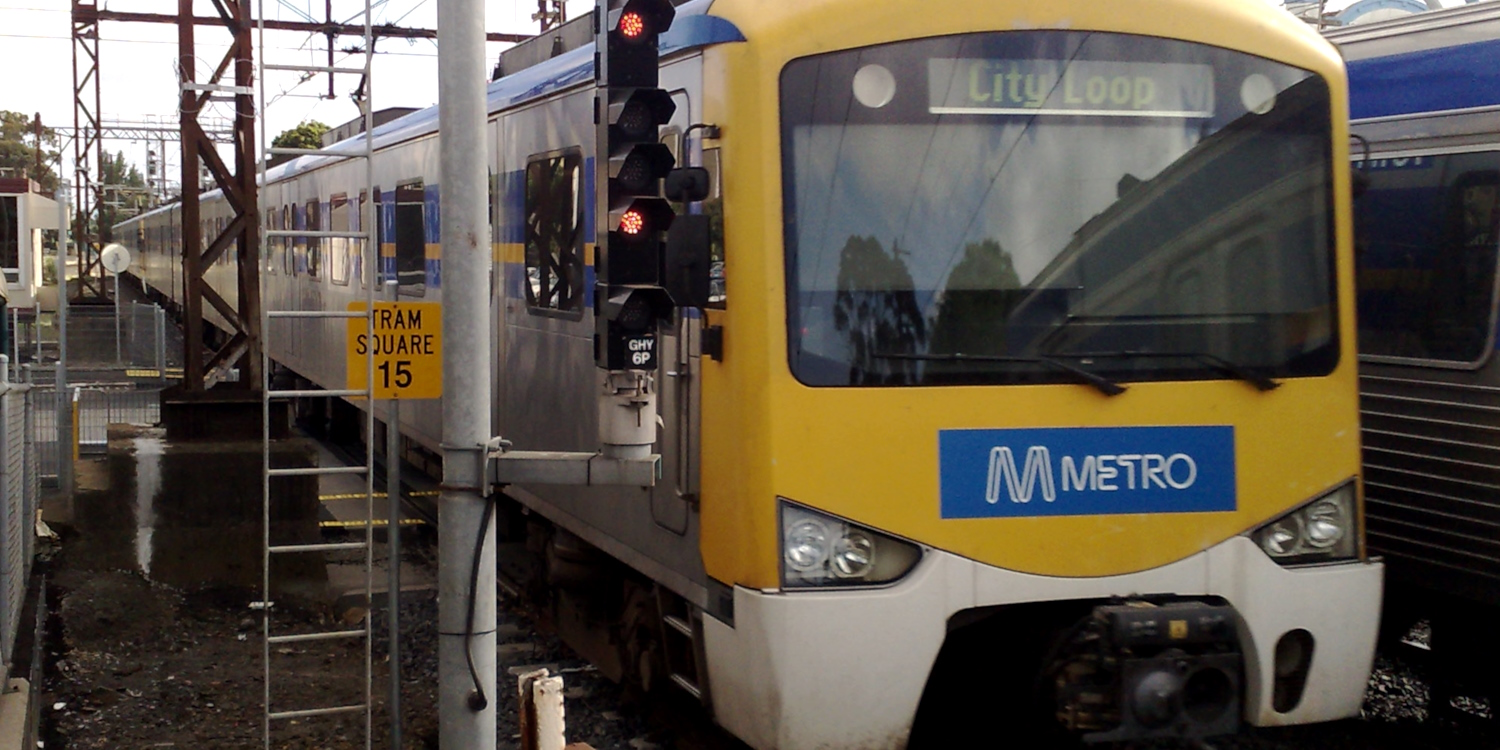Category: Every 10 Minutes to Everywhere
-
Bus users call for 10 minute service — Stud Road
The Public Transport Users Association (PTUA) has called for an upgrade of buses to every ten minutes on Stud Road, to make better use of new bus lanes. The upgrade from the existing 15 minute service would add two extra buses an hour. “Although we applaud the installation of new bus lanes, they would be…
-
Poor connections leave passengers waiting
A study by the Public Transport Users Association (PTUA) has highlighted the poor co-ordination between train and bus timetables on many routes around Melbourne. It found that just 37.5% of train arrivals have bus connections at stations — 39.8% on weekdays, 32.3% on Saturdays, and just 25.3% on Sundays. Of those connections, 42.5% require passengers…
-
Melbourne Metro by name, but not by nature
A study into the developed world’s biggest cities has concluded that all but a handful have metro systems — but that handful without metros includes Melbourne and Sydney. The study by the Public Transport Users Association (PTUA) showed that of biggest 30 cities in the developed world by population, all but seven have metros: the…
-
It’s called Metro, let’s run it like a Metro
The Public Transport Users Association (PTUA) has welcomed Metro Trains Melbourne on its first day of operation, and called for the government to boost services across the week. “Around the world, the name ‘Metro’ means a service with frequent trains, from early to late, seven-days-a-week. This is what the government must commit to for Melbourne”,…
-
Trains every 10 minutes welcomed
The Public Transport Users Association (PTUA) has welcomed the announcement of a new train timetable to begin in July. PTUA President Daniel Bowen said that the introduction of trains every ten minutes on the Werribee line was a significant step forward. “This is the first step towards a ‘metro’-style rail service in Melbourne. The next…
-
PTUA Advances Liveable Transport Plan Alternative
Melbourne’s train services would double, buses would run every 10 minutes on every arterial road, and more country rail lines would be restored. And this would only cost 40% of the government’s $38 billion transport plan, according to a new report released today by the PTUA. The Connecting to the Future report is billed as…
-
Good public transport would save households thousands
Multi-car families could save thousands of dollars a year if they had access to high quality public transport services, the Public Transport Users Association (PTUA) has said. In promoting a call for public transport services “Every 10 Minutes to Everywhere“, PTUA president Daniel Bowen said that if fast frequent services were provided, more outer-suburban families…
-
Call for services “every 10 minutes to everywhere”
The Public Transport Users Association (PTUA) has called on the government to take the next big step in upgrading public transport services. In launching their “Every 10 minutes to everywhere” plan at a climate change and transport forum at Melbourne Town Hall on Sunday, PTUA president Daniel Bowen noted the urgency for action on climate…


